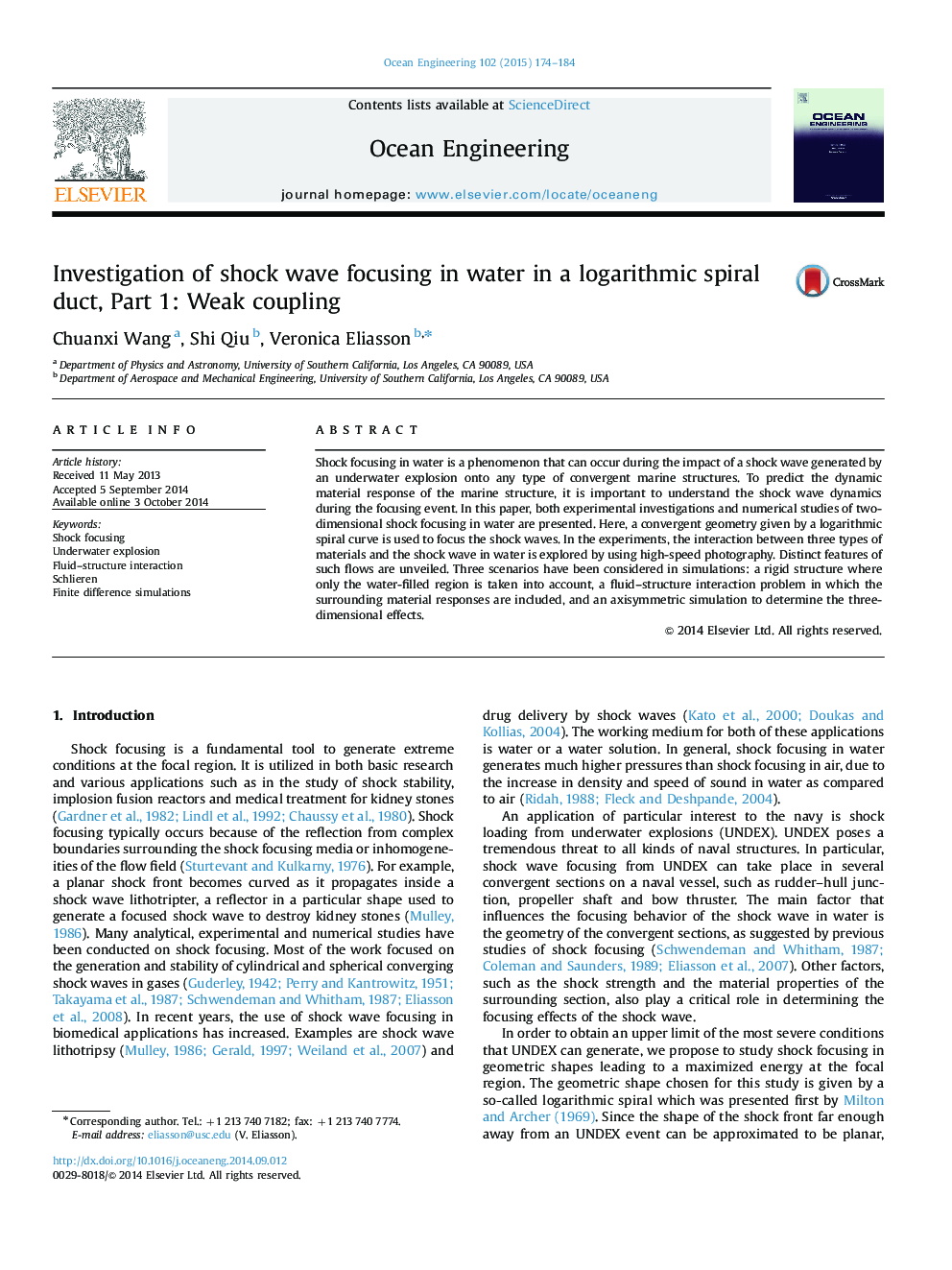| Article ID | Journal | Published Year | Pages | File Type |
|---|---|---|---|---|
| 6325683 | Science of The Total Environment | 2015 | 11 Pages |
Abstract
Economic evaluations of solar radiation management (SRM) usually assume that the temperature will be stabilized, with no economic impacts of climate change, but with possible side-effects. We know from experiments with climate models, however, that unlike emission control the spatial and temporal distributions of temperature, precipitation and wind conditions will change. Hence, SRM may have economic consequences under a stabilization of global mean temperature even if side-effects other than those related to the climatic responses are disregarded. This paper addresses the economic impacts of implementing two SRM technologies; stratospheric sulfur injection and marine cloud brightening. By the use of a computable general equilibrium model, we estimate the economic impacts of climatic responses based on the results from two earth system models, MPI-ESM and NorESM. We find that under a moderately increasing greenhouse-gas concentration path, RCP4.5, the economic benefits of implementing climate engineering are small, and may become negative. Global GDP increases in three of the four experiments and all experiments include regions where the benefits from climate engineering are negative.
Related Topics
Life Sciences
Environmental Science
Environmental Chemistry
Authors
Asbjørn Aaheim, BÃ¥rd Romstad, Taoyuan Wei, Jón Egill Kristjánsson, Helene Muri, Ulrike Niemeier, Hauke Schmidt,
